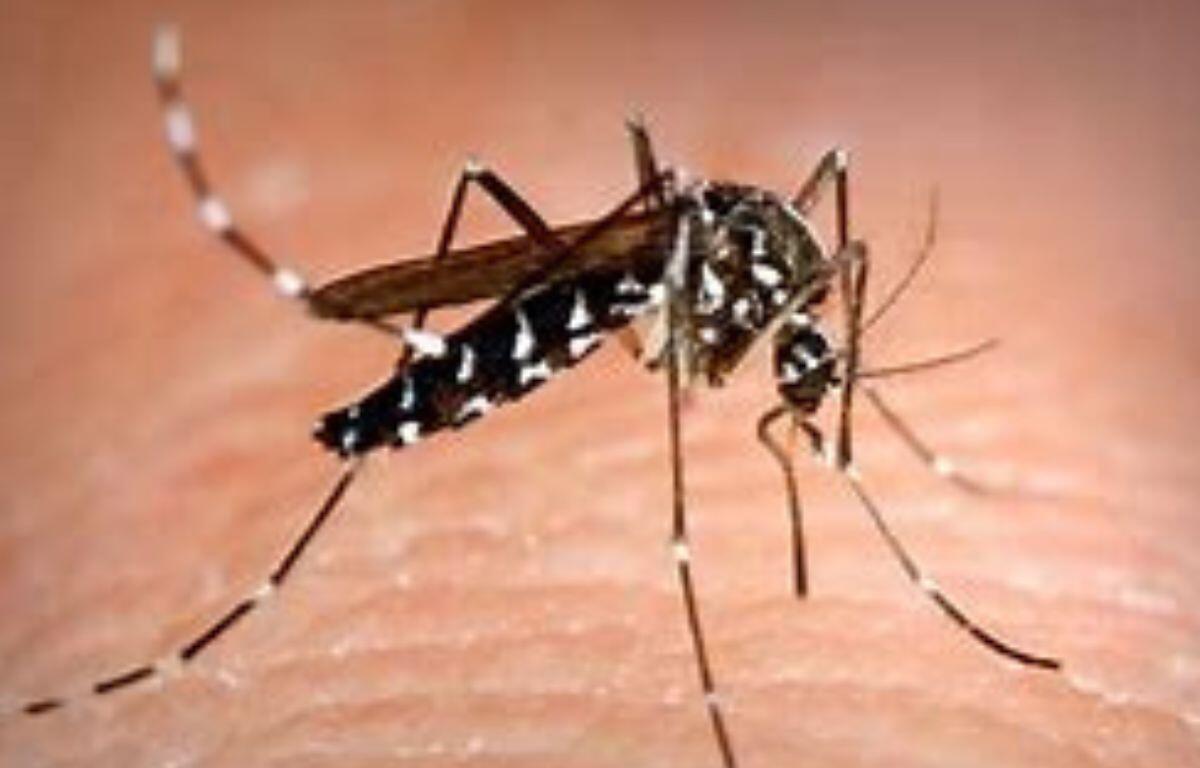CHAMPAIGN, IL (Chambana Today) – The Champaign-Urbana Public Health District (CUPHD) has reported the first human case of West Nile Virus (WNV) in Champaign County this year. The affected individual is a Champaign resident, in their 60s, who tested positive for the infection in September.
Champaign-Urbana Public Health District Administrator Julie A. Pryde. says, “While we’re seeing cooler temperatures, mosquitoes remain active until the first hard freeze, so it’s important for people to continue protecting themselves from mosquito bites.”
West Nile virus is spread through the bite of a Culex mosquito which has picked up the virus by feeding on an infected bird. Common symptoms of WNV include fever, nausea, headache, and muscle aches. Symptoms may last from a few days to a few weeks. Most people infected with West Nile virus will not experience any symptoms. However, in rare cases, severe illness can occur, such as brain infections like meningitis or encephalitis, paralysis, or even death. Individuals older than 60 and those with weakened immune systems are at higher risk for severe illness.
There are currently no vaccines or medicines to prevent the disease, so the best way to protect yourself is by taking measures to prevent mosquito bites. The Illinois Department of Public Health and CUPHD have ways to reduce mosquito bites:
- REDUCE – make sure doors and windows have tight-fitting screens. Try to keep doors and windows shut. Eliminate all sources of standing water where mosquitoes can breed, including water in bird baths, ponds, flowerpots, and wading pools.
- REPEL – when outdoors, wear shoes and socks, long pants and a light-colored, long-sleeved shirt. Apply an EPA-registered insect repellent that contains DEET, picaridin, oil of lemon eucalyptus, or IR 3535 according to label instructions. Consult a physician before using any repellents on children.
- REPORT – During the months of May through October, report locations where you see standing water, such as roadside ditches, flooded yards, and similar locations that may produce mosquitoes.
For more information about West Nile Virus and CUPHD’s prevention efforts, visit our website at https://c-uphd.org/west-nile-virus.html.


